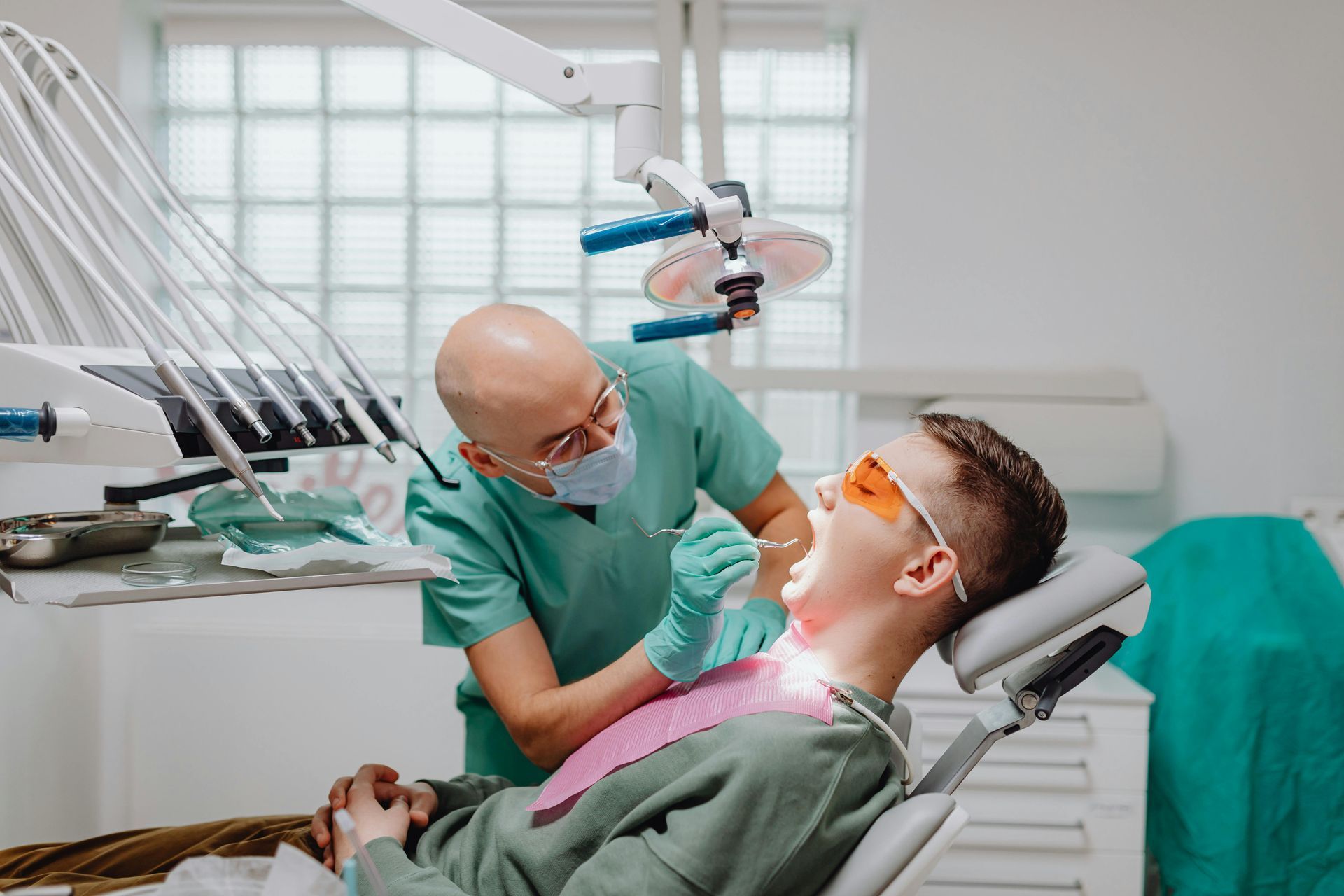Beyond the Smile: The Integral Role of Oral Health in Overall Well-Being
The Importance of Oral Health
Oral health is a crucial component of overall wellness, playing a significant role in maintaining general health. A healthy mouth contributes to a good quality of life, enabling effective eating, speaking, and social interaction. Oral health issues, such as tooth decay, periodontal disease, and bad breath, can lead to discomfort and affect daily activities.
Link Between Oral Health and Overall Wellness
Oral health is directly linked to various systemic health conditions. Research shows that periodontal disease and severe gum diseases are associated with chronic illnesses like cardiovascular and respiratory diseases. Maintaining healthy teeth and gums helps reduce the risk of systemic diseases, promoting a healthier body overall.
Impact on Physical Health
Poor oral hygiene can have serious implications for physical health. Inflammatory conditions like periodontal disease have been connected to increased risks of heart disease, potentially due to bacteria entering the bloodstream and affecting blood vessels. Oral health problems are also linked to diabetes, as they can impact blood sugar levels and complicate diabetes management.
Impact on Mental Health
Oral health significantly affects mental well-being too. Issues such as tooth loss, bad breath, or oral diseases can lead to lowered self-esteem and social anxiety, diminishing quality of life. Maintaining good oral hygiene practices is key to establishing a healthy mouth, which supports better mental health and fosters social confidence.
Characteristics of Good Oral Health
Good oral health is characterized by gums that are firm and pink, free of bleeding when brushing or flossing. Healthy teeth are strong and intact without cavities or areas of decay. No persistent bad breath and a comfortable mouth without pain or sensitivity are also signs of good oral health. Maintaining a healthy mouth is critical for preventing oral health issues such as periodontal disease and tooth decay, which can lead to more severe dental health problems and systemic diseases.
Proper Oral Hygiene Practices
Practicing proper oral hygiene techniques is essential for maintaining oral health. This includes brushing teeth at least twice a day with fluoride toothpaste and using a soft-bristled toothbrush. Flossing daily helps remove food particles and plaque from between the teeth, preventing severe gum disease. Additionally, using an antimicrobial mouthwash can help reduce plaque and prevent bad breath. Developing these oral hygiene practices helps protect natural teeth and prevents oral diseases that can impact overall wellness.
Regular Dental Check-ups
Regular dental check-ups are crucial for preventing and managing oral health conditions. Visiting a dentist every six months for a professional cleaning and examination helps identify early signs of oral diseases, such as cavities or gum disease. Early detection facilitates timely treatment, reducing the risk of tooth loss and maintaining overall dental health. Consistent check-ups also allow for discussions about oral health concerns and personalized advice on maintaining a healthy mouth, contributing to improved quality of life and systemic health.
Conditions Linked to Poor Oral Hygiene
Poor oral hygiene can lead to several dental and systemic health issues. Neglecting proper dental care practices like brushing and flossing can result in a build-up of plaque, setting the stage for various oral diseases. These conditions can extend beyond the mouth, impacting overall wellness and quality of life.
Tooth Decay and Cavities
Tooth decay occurs when plaque on the teeth interacts with sugars from food, producing acids that erode tooth enamel. If left untreated, this can lead to cavities, which are permanently damaged areas in the outer surface of teeth. Maintaining healthy teeth requires regular brushing, flossing, and dental check-ups to prevent decay and protect natural teeth.
Gum Disease
Gum disease, also known as periodontal disease, is an infection of the tissues that hold your teeth in place. It is often caused by poor oral hygiene that allows plaque to build up on teeth and harden. Severe gum disease can lead to tooth loss and is linked to several other health issues, including heart disease and respiratory diseases. Effective oral hygiene practices are crucial to preventing and managing gum disease.
Systemic Diseases Related to Oral Health
Oral health issues can be a precursor to systemic diseases, affecting cardiovascular, respiratory, and metabolic health. Bacteria from oral diseases can enter the bloodstream, potentially leading to infections and inflammation elsewhere in the body. For instance, gum disease has been linked to cardiovascular disease, and poor oral health may contribute to respiratory infections. Additionally, chronic dental diseases can affect blood sugar levels, complicating diabetes management. Ensuring a healthy mouth is vital for maintaining systemic health and preventing chronic diseases.
Oral Health as an Indicator of Systemic Diseases
Oral health is not just about having a bright smile; it is a significant indicator of systemic health. Poor oral hygiene can lead to periodontal disease, which is linked to various chronic diseases beyond the mouth. Conditions like heart disease, diabetes, and respiratory diseases can often be traced back to the state of one's oral health. By maintaining healthy teeth and gums, individuals can potentially reduce the risk of these systemic diseases and improve their overall quality of life.
Connection to Cardiovascular Issues
The link between oral health and cardiovascular disease is well-documented. Bacteria from severe gum disease can enter the bloodstream and contribute to the buildup of plaque in arteries, leading to heart disease. This connection highlights the importance of regular dental care to prevent oral health issues from escalating into serious cardiovascular complications. Keeping a healthy mouth through proper oral hygiene practices is essential in reducing this risk.
Link to Diabetes
Diabetes and oral health conditions have a bidirectional relationship. Poor blood sugar control can lead to increased instances of periodontal disease, while infections in the mouth can raise blood sugar levels, making diabetes harder to manage. People with diabetes need to be particularly mindful of their oral hygiene to avoid tooth decay and gum disease, as these problems can exacerbate their condition.
Impact on Respiratory Conditions
Oral health is also linked to respiratory health. Bacteria from the mouth can be inhaled into the lungs, potentially causing respiratory infections. Conditions like pneumonia and chronic obstructive pulmonary disease (COPD) have been associated with poor oral hygiene. Maintaining a routine of effective oral hygiene practices can help reduce the risk of respiratory diseases, underscoring the systemic health benefits of a healthy mouth.
The Role of Oral Bacteria in Bodily Health
Oral bacteria play a crucial role in the ecosystem of the mouth, influencing not only oral health but also systemic well-being. These microorganisms can have both beneficial and harmful effects, depending on their balance. Maintaining a healthy oral microbiome is key to preventing oral diseases and other systemic health conditions, such as heart disease and respiratory infections.
Understanding Oral Microbiome
The oral microbiome refers to the diverse community of microorganisms living in the mouth. This includes bacteria, viruses, fungi, and protozoa, all coexisting in a delicate balance. A healthy oral microbiome is essential for protecting teeth and gums from disease and supporting digestion through the breakdown of food particles. Disruption in this balance can lead to periodontal disease, tooth decay, and other dental diseases.
Effects of Oral Bacteria on Overall Health
Oral bacteria can significantly impact overall health. For instance, bacteria associated with severe gum disease can enter the bloodstream, leading to inflammation and increasing the risk of cardiovascular disease. Poor oral hygiene can contribute to respiratory infections and affect blood sugar levels, exacerbating conditions like diabetes. Therefore, effective oral hygiene practices are crucial not only for maintaining a healthy mouth but also for enhancing systemic health and ensuring a high quality of life.
Practical Strategies for Improving Oral Care
Maintaining oral health is essential not just for a confident smile but also for overall wellness. Oral health issues can affect your quality of life and are linked to various systemic diseases such as heart disease and diabetes. Adopting effective daily oral care strategies is crucial for preventing dental diseases, ensuring healthy teeth, and minimizing risks related to tooth decay and gum infections.
Daily Oral Hygiene Habits
Daily oral hygiene practices form the cornerstone of good dental health. Brushing your teeth twice a day with fluoride toothpaste helps remove food particles and plaque that can lead to tooth decay. Flossing daily is equally important, as it reaches areas your toothbrush cannot, preventing severe gum disease. Using an antiseptic mouthwash can also help reduce bad breath and kill bacteria that might lead to oral diseases.
Nutrition and Oral Health
A balanced diet plays a pivotal role in maintaining a healthy mouth. Foods rich in calcium and phosphorus, like dairy products and leafy greens, help strengthen natural teeth. Vitamins C and D are equally important for gum health and overall dental care. Limit sugar intake, as sugary foods contribute to tooth decay and cavity formation. Nutritional choices directly impact not just oral health but systemic health too, influencing blood sugar levels and the risk of cardiovascular disease.
Importance of Hydration
Hydration is often overlooked in discussions about dental care, but it is vital for oral health. Drinking plenty of water helps wash away food particles and reduces the acidity in your mouth, protecting teeth from decay. Saliva is your natural defense against oral bacteria, and adequate hydration ensures proper saliva production. Staying hydrated also aids respiratory health, making it an all-rounder for overall and oral wellness.
At Don River Dental we give you the best tips . If you are experiencing any symptoms or pain please feel free to call us at (416) 901 - 9292 and someone from our team will be happy to answer any questions and schedule an appointment as soon as possible. We offer safe soothing dentistry in North York.












